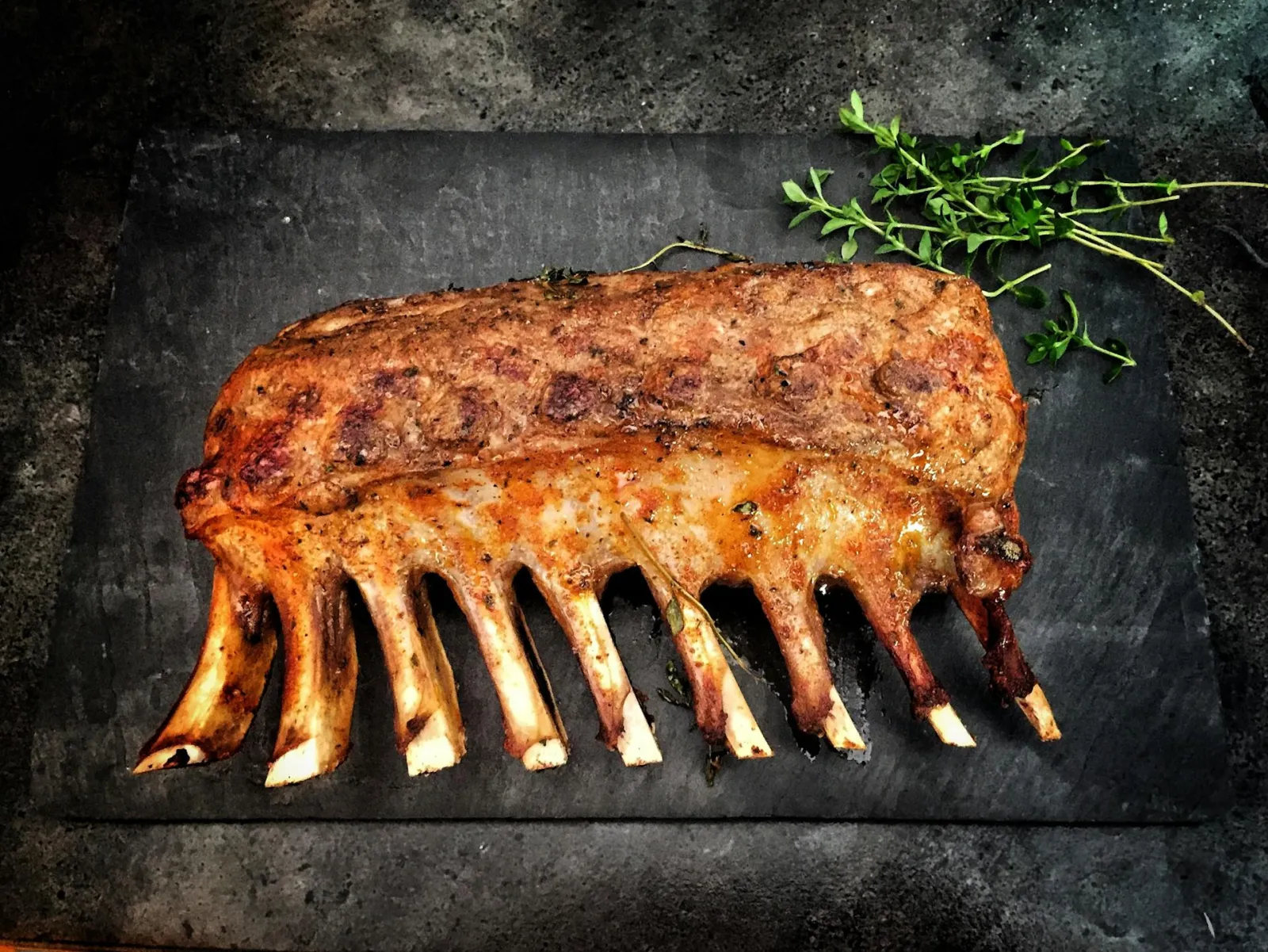This study finds substituting 10% of the protein intake from conventional meat sources with meat alternatives can lead to an average reduction of 3.4%, 10.7% and 4.5% in the required nitrogen fertilizer, manure and water footprint, respectively. This substitution could potentially decrease the risk of excess nitrate in groundwater by up to ~20%.
Abstract
Large-scale, centralized livestock production is recognized as a significant contributor to environmental pollution, including groundwater contamination. Here we assess the impact of traditional meat production on nitrate contamination in groundwater across the contiguous USA from 1985 to 2020. In addition, we evaluate potential changes in groundwater quality resulting from the substitution of traditional meat sources with three alternative meat options. We find that substituting 10% of the protein intake from conventional meat sources with meat alternatives can lead to an average reduction of 3.4%, 10.7% and 4.5% in the required nitrogen fertilizer, manure and water footprint, respectively. This substitution could potentially decrease the risk of groundwater nitrate exceedance (concentration exceeding 10 mg l−1 as N) by up to ~20%. These results highlight the potential of long-term dietary shifts to achieve Sustainable Development Goal (SDG) 6 and support other SDG targets.
Reference
Zhan, Y., Guo, Z., Podgorski, J. et al. Changes in meat consumption can improve groundwater quality. Nat Food 6, 703–714 (2025). https://doi.org/10.1038/s43016-025-01188-x




Comments (0)